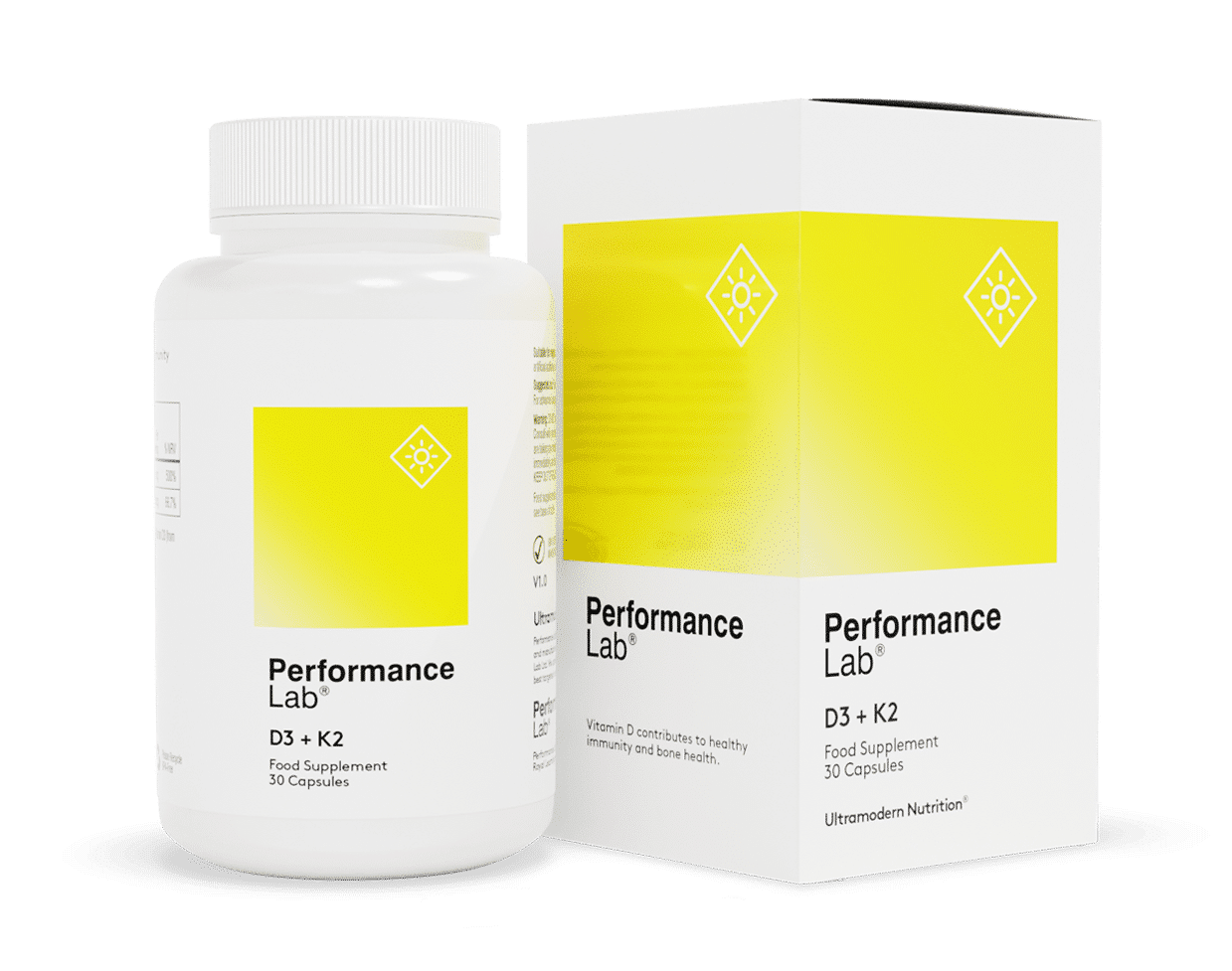Do Celiacs Have a Weakened Immune System? – A Common Autoimmune Disorder Explained

In the whirlwind that followed my diagnosis with celiac disease in 2021, I found myself grappling with a multitude of questions – one of which was – do celiacs have a weakened immune system?
Short answer: No. Celiac disease affects how you respond to gluten, but it doesn’t inherently make your immune system weaker. And contrary to popular belief, celiac disease is NOT an allergy – it’s an autoimmune condition.
Dive in to dispel some myths and understand the true connection between celiac disease and immunity.
Key Takeaways
- Celiac disease doesn’t weaken the immune system; it’s an autoimmune disorder.
- The main issue for celiacs: an overactive immune response to gluten.
- Susceptibility to infections in celiacs often stems from malnutrition.
- Complications like nerve damage aren’t from a weak immune system, but from other effects of the disease.
- Sticking to a strict gluten-free diet helps manage symptoms and avoid complications.
Understanding Celiac Disease: More than Just Gluten Intolerance
Celiac disease is an autoimmune disorder, not just a simple allergy. When people with celiac disease consume gluten, their immune system overreacts, leading to inflammation and damage in the small intestine.
Unlike common perceptions, the immune system isn’t weaker; it’s misdirected, attacking the body’s own tissues.
When considering why celiacs might feel rundown or get sick more often, it’s crucial to look at the larger picture.
Often, it’s not the immune system’s strength, but complications like malnutrition.
A damaged intestine struggles to absorb nutrients, and that’s when the trouble begins. Learn about how I recognized my own celiac symptoms for more insights.
Unleash your full potential with Performance Lab D3 + K2 - the ultimate supplement for optimizing strength, vitality, and overall well-being. Elevate your health journey and experience a new level of greatness today!
Not Weaker, Just Different: Immune Responses in Celiacs
It’s a myth that celiac disease weakens the immune system. The truth is, people with celiac disease have an immune system that works overtime.
Instead of being weaker, it’s hyperactive. When gluten enters their system, there’s an intense immune response leading to unnecessary inflammation.
The immune system’s misdirection can cause various symptoms and complications, not because it’s weaker, but because it’s constantly on high alert.
The Real Culprit: Malnutrition and Complications
When the small intestine undergoes repeated damage from gluten exposure, its ability to absorb nutrients diminishes. This is where real concerns emerge.
Lack of essential vitamins and minerals makes people with celiac disease more susceptible to infections.
Anemia, nerve damage, bone pain, and other complications might arise, but they aren’t direct results of a weakened immune system.
For instance, nerve damage can lead to sensations like tingling or burning in extremities.
However, these sensations don’t stem from immunity issues but from malnutrition and other disease effects.
It’s essential to understand the hidden symptoms of celiac disease to manage them better.
Experience the power of nature with NutriGenesis® Multi for Men. Maximize nutrient absorption, bioavailability, and effectiveness. Choose cleaner, safer, and planet-friendly nutrition. Buy now and see the difference!
Looking Beyond Immunity: Holistic Health for Celiacs
Beyond immunity, celiac disease affects various body systems. From the nervous system to bone health, the complications can be wide-ranging.
It’s not just about avoiding gluten but also about ensuring holistic health. For those wondering if their symptoms later in life could be celiac-related, read on to see how celiac disease can manifest in later stages.
When celiacs stick to a gluten-free diet, they reduce inflammation in their intestine, improving nutrient absorption.
It’s a domino effect. Better nutrient absorption leads to fewer complications and a better overall quality of life.
If you’re hunting for the right supplements to counter the nutrient deficiencies common among celiacs, here’s the guide on the best multivitamins for celiac disease.
A Deeper Exploration into Celiac Disease and the Immune System
A Cascade of Reactions
Upon ingesting gluten, a person with celiac disease experiences a flurry of reactions, prominently inflammation in the small intestine.
It’s not just a fleeting event; chronic inflammation becomes a persistent companion, heralding gastrointestinal symptoms, including distressing bouts of diarrhea.
A person experiencing this cycle might even grapple with more severe issues, potentially causing an increased risk of developing lymphoma.
Beyond the Gut: A Spectrum of Manifestations
The narrative of celiac disease extends beyond the intestine, influencing a spectrum of bodily systems.
From nuanced impacts on the nervous system to potential links with liver disease, the ramifications are extensive and multifaceted.
The relentless journey of untreated celiac disease can also steer towards reproductive challenges, fostering conditions like infertility and even triggering skin conditions.
Recognizing and Diagnosing Celiac Disease
Steering towards proper management begins with accurate diagnosis. Encountering a gastroenterologist becomes a vital juncture in this journey.
Through meticulous screening, they can diagnose the condition, often utilizing tests that detect specific antibodies in the blood.
However, a notable aspect is the potential for misdiagnosis, given how symptoms can manifest in different individuals.
IBS (Irritable Bowel Syndrome) and other conditions can exhibit similar symptoms. So, getting a proper diagnosis is vital for ensuring you get the help you need to manage your symptoms effectively.
Nutritional Focus: Bridging the Gap
Managing celiac disease isn’t solely about avoiding gluten; it’s also about embracing a nutrient-rich diet to counteract the deficiencies often seen in people with this condition.
The focus should be on bridging the vitamin and mineral gap that often widens with persistent gut damage.
A quick glance at essential nutrients and their roles can be observed in the table below:
| Nutrient | Source | Role |
|---|---|---|
| Vitamin D | Sunlight, Fatty fish | Bone health |
| Iron | Lean meat, Legumes | Counteracting anemia |
| Calcium | Dairy, Leafy Greens | Supporting bone and teeth health |
| Fiber | Fruits, Vegetables | Aiding in healthy digestion |
Here’s some other important considerations when it comes to autoimmune conditions like celiac disease:
- Chronic Inflammation: Chronic inflammation in the gut can be a precursor to several other health issues.
- Immune Response: The immune response in people with celiac disease is markedly different, sometimes leading to an increased risk of other autoimmune conditions.
- Gluten Sources: Identifying and avoiding possible sources of gluten becomes a cornerstone in managing this condition effectively.
- Nutritional Deficiency: Addressing vitamin and mineral deficiencies is essential, and you can read more about this in our detailed guide on celiac vitamin deficiency.
Celiac Disease and its Overlapping Narratives with Other Disorders
In the complex landscape of celiac disease, individuals often find themselves at a crossroads with other autoimmune disorders.
The occurrence of another autoimmune condition in a person with celiac disease is not a rarity. From type 1 diabetes to rheumatoid arthritis, the spectrum of potential overlaps is extensive.
Even conditions like lupus have been known to affect individuals battling celiac disease, indicating a complex network of potential health challenges that necessitate vigilant management.
Additional Considerations in Management
- IGA Levels: Keeping an eye on IGA levels can provide deeper insights into the immune dynamics in celiac patients.
- Pathogen Resistance: It’s worth noting that celiac disease can sometimes interfere with the immune system’s adeptness at warding off pathogens, posing an additional challenge in maintaining overall health.
- Liver Considerations: In extreme cases, untreated celiac disease can pave the path to liver damage, underlining the necessity for a comprehensive approach in its management.
Do Celiacs Have a Weakened Immune System? – Final Thoughts
So, does celiac disease weaken the immune system? Not directly, no. But it does make it act up in ways it shouldn’t.
And if you’re not careful, the nutritional deficiencies from undiagnosed celiac disease can leave your overall health hanging by a thread.
The solution? Timely detection and a hard pass on anything with gluten. That’s how you keep the balance.
Disclaimer: This content is based on my personal experience as an individual diagnosed with celiac disease and IBS (Irritable Bowel Syndrome) who follows a strict gluten-free diet. This does not constitute medical advice. Please consult a medical professional, nutritionist, or qualified dietitian for personalized, professional advice.








